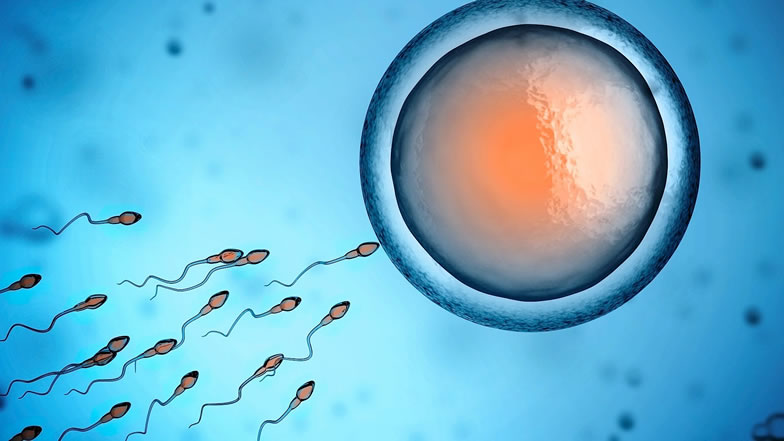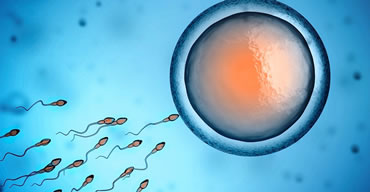The life span of the sperm depends on the environmental conditions. In open air it is averaged to 10 minutes, while in special containers, more than a few hours.
How long can a sperm live depends on environmental conditions. In the open air it can not live long (life can be measured in minutes), because of the conditions, but when inside a woman's body, it can survive up to 7 days, because it has favorable natural conditions for life.
Sperm can be damaged by clean water due to the process of degradation after thermal or osmotic shock, it especially suffers from the use of products for personal hygiene.
Spermatogenesis takes place in the seminal ducts the testicles (testes). It begins in the stage of an embryo goes on before puberty and continues throughout the life of a man. Contrary to oogenesis in women, that takes from 10-50 years, spermatogenesis is a relatively quick process that takes from 60 -65 days.
For the sperm to mature it takes two to three months. After ejaculation the average sperm lives about 72 hours, and some even up to 7 days. The spermatid, although it is a haploid, is not a sperm yet, and to transform must go through the process of spermiogenesis. At that stage the spermatid transforms into sperm and is going through multiple changes such as: creating a creature (tail), the formation of akrozome which disassembles the egg shell in case of fertilization, exclusion of the majority of the cytoplasm to reduce the mass of the sperm cell and thus allowing good mobility and condensation of chromatin which reduces its nucleus. The differentiated sperm are stored in the epididymis where the final maturation of sperm takes place, then they become mobile and get a protective casing. The protective layer is removed in the female reproductive ducts in a process called capacitation (maturation) in which the sperm is capable and ready to fertilize the egg.

Sperm or semen consists of male gametes and secretion of different glands (seed bubbles prostate and bulbourethral glands). The purpose of this secretion is nourishment and protection to the sperm from the acidic environment in the vagina, that is an obstacle to getting pregnant.
The volume and content of sperm depends on the length of time between ejaculations. The average volume of the semen ranges from 2.75ml to or 2-6ml. Bigger volume is associated with long periods of abstinence. Average ejaculate contains about 180 million sperm but may contain over 400 million. The quality and quantity of sperm is important for fertility. A man is considered less fruitful if the amount of sperm falls below 20 million / ml.
Fertile men dispose of 2-5 ml. ejaculates. Each milliliter contains about 100 million sperm. If the concentration falls below 20 million sperm per milliliter it is suspected there is a problem with fertility. 20 million still represents a large number, then what's the problem?

Part of the problem lies in the fact that only a fraction of the sperm that enters the vagina manages to end up in the uterus. Of those who succeed to reach the uterus, few find their way to the fallopian tube, and a small number of them find their way to the egg.
In this case a small number of sperm reach the egg cell. Another part of the problem is that the egg cell that is ready for fertilization does not wait for the first sperm to get to it to fertilize. The egg is covered with a thin layer that serves as a blockade that prevents the entry of sperm. For a sperm to penetrate the egg, an attack requires more sperm is needed. If there arent many competitors nobody goes to the finish line. This is a cruel way of natural selection that ensures the healthiest sperm to transfer genes to the next generation.

Spring brings enjoyment to many people would love to meet lung with...
Learn more
Spring brings enjoyment to many people would love to meet lung with...
Learn more
Spring brings enjoyment to many people would love to meet lung with...
Learn more© COPYRIGHT Informaciona medicina, 2014.